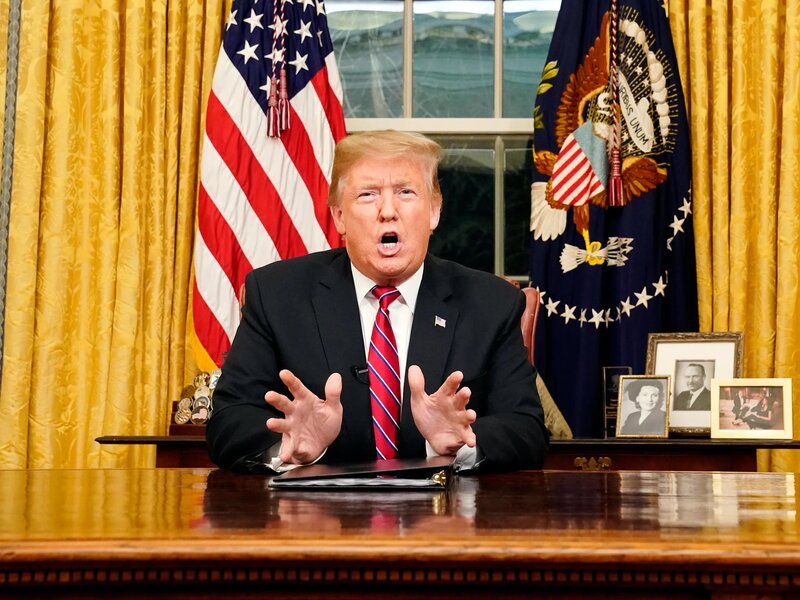The Trump administration has initiated an unprecedented review of all 55 million foreigners holding U.S. visas, in what officials describe as part of a broader strategy to tighten immigration controls and enhance national security.
According to the State Department, the review will apply to all categories of visas, including student, work, tourist, and business visas. The vetting process will scrutinize potential violations such as overstays, criminal offenses, or links to extremist organizations. Officials also confirmed that visa holders’ social media activity will be monitored, raising concerns among rights groups about free expression and privacy.
The administration has not provided a timeline for completing the review, but officials emphasized that it would involve “continuous vetting” rather than one-time checks. Any foreign nationals found in violation could face visa revocation and possible deportation.
This initiative comes alongside new restrictions, including a recently announced ban on work visas for truck drivers, as part of the administration’s push to reduce reliance on foreign labor.
Critics argue that the mass review could disrupt businesses, universities, and tourism sectors heavily dependent on foreign nationals. Immigration advocates have warned of potential discriminatory practices and a lack of transparency in how decisions will be made.
Despite the criticism, senior officials defended the move as essential to protecting U.S. interests. “This is about ensuring every visa holder is compliant with U.S. law and poses no threat to national security,” one administration official stated.
The decision underscores the Trump administration’s broader shift from targeting only undocumented migrants to placing legally present foreign residents under closer scrutiny. Observers say the scale of this effort—reviewing tens of millions of individual marks one of the most ambitious immigration enforcement steps in recent U.S. history.





